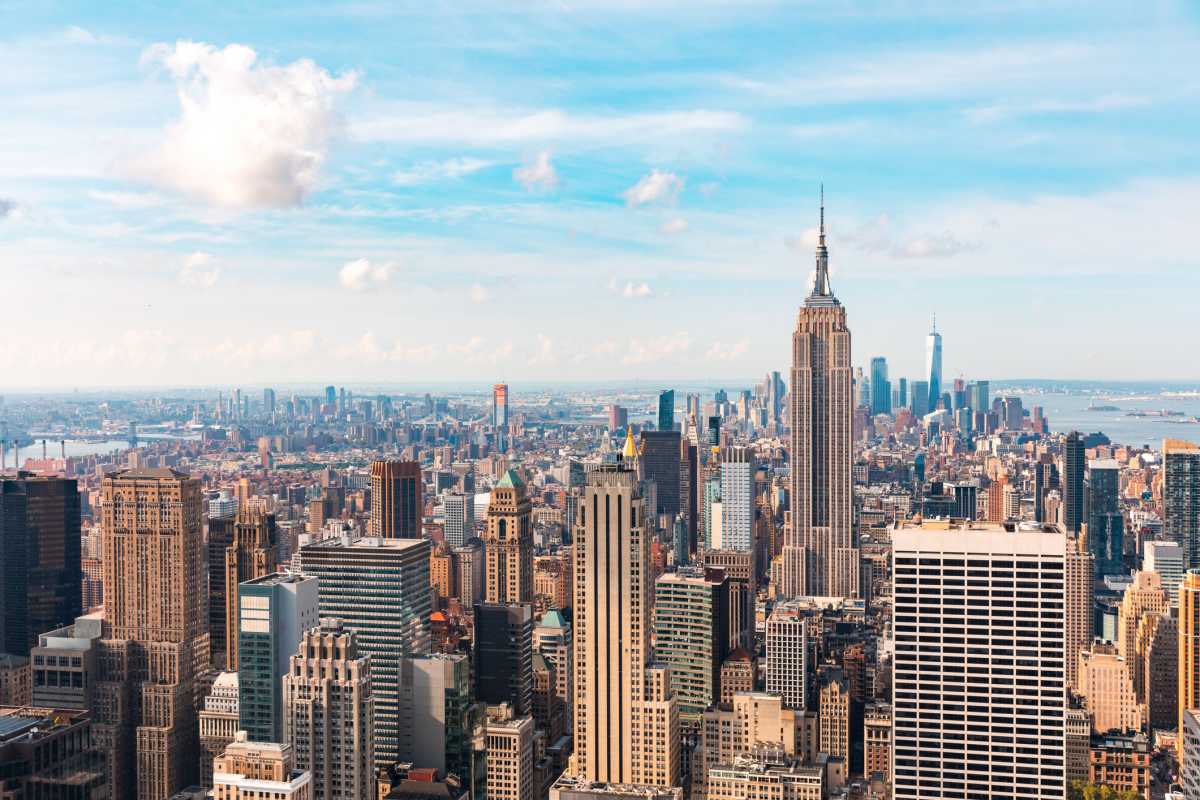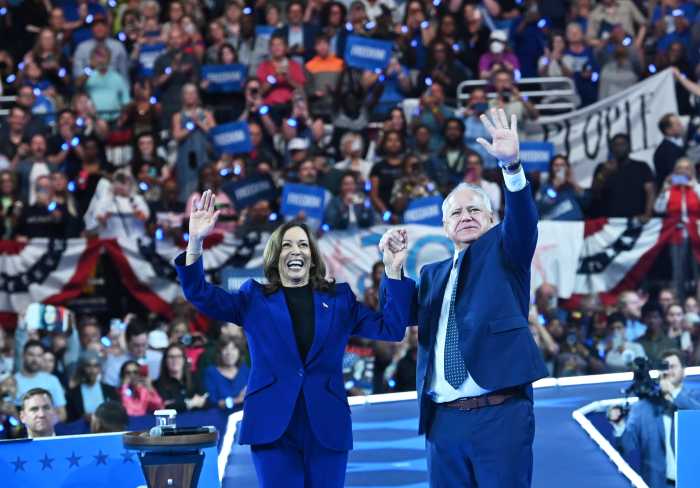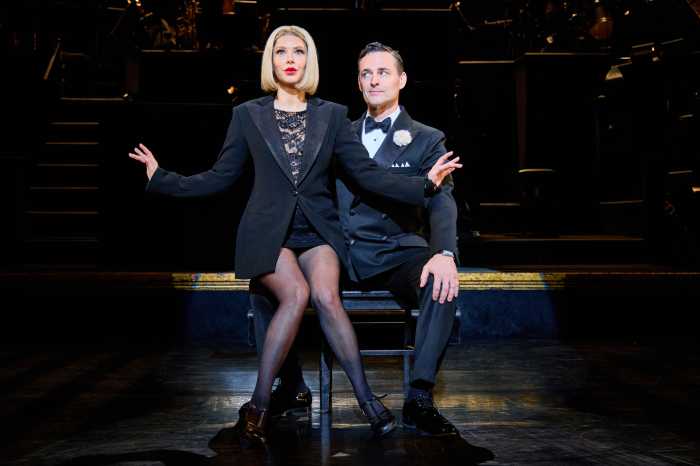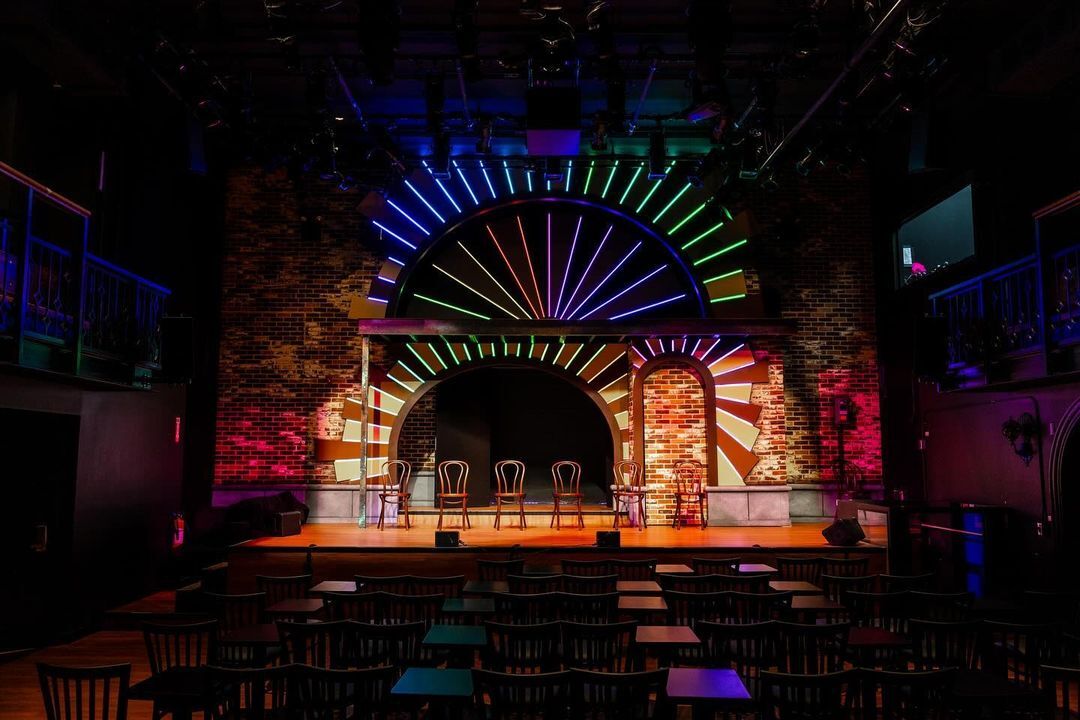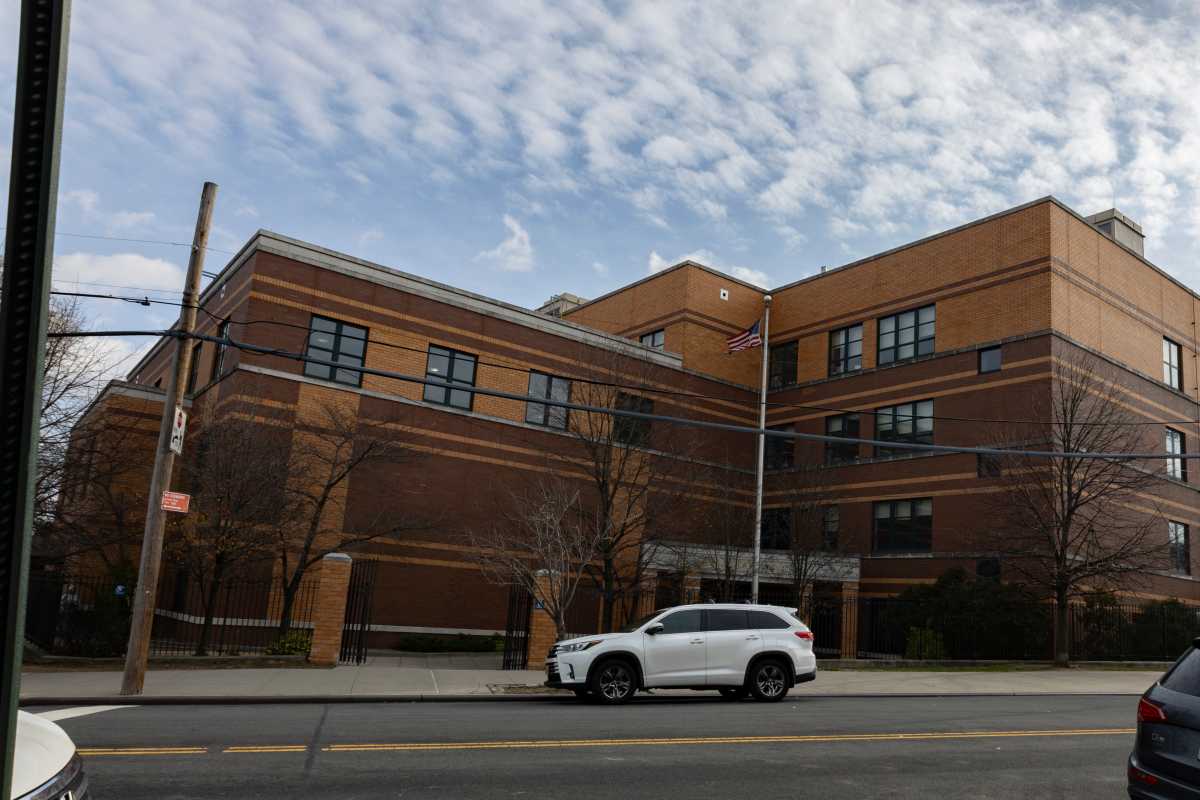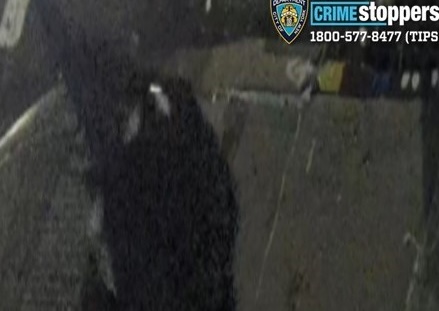In New York City’s low turnout, closed primaries, fringe voters wield an unusual amount of power. Nowhere is this more evident than in the race for Mayor, where socialists are coalescing around the person they see as the most ideologically committed candidate in the race, Zohran Mamdani. His clarion calls for free housing, free groceries, expanded public services and limited policing are catnip to this type of primary voter, who cares more about what is said than what can actually be implemented.
Unfortunately, when ideological purity is more appealing to voters than boring, pragmatic leadership, the result is often dysfunctional government that cannot deliver on basic needs. We see the unintended consequences of getting exactly what you wanted every day in Washington D.C. from the Trump administration. While his message may have resonated with disaffected voters, the chaos he is creating has left many with buyers’ remorse.
But what is true on the right is also true with the left. One need only look to Chicago for a cautionary tale of ideological-driven failure at the municipal level. Socialist candidate Brandon Johnson was elected mayor of Chicago in 2023 on a platform of idealism: reimagining public safety, taxing the wealthy and expanding social welfare programs. He was propelled to office with the support of labor unions, ultra-progressive activists and by some moderate voters who found his fresh perspective and promises appealing (sound familiar?). But from the moment he took office, the situation deteriorated.
Mayor Johnson’s campaign promises of justice and equity have been completely overshadowed by bureaucratic incompetence, deteriorating public safety and fiscal uncertainty. There is little to no cooperation with the legislature in Springfield, the capital of Illinois, or with Governor Pritzker, who has publicly condemned the mayor on several occasions, despite Democratic Party control of both chambers of the legislature and the Governor’s office.
Johnson’s leadership has spurred one of the worst population exoduses in the country, with most citing crime and the tax burden. Despite his shrinking tax base and the threat of reduced federal dollars, Johnson upheld campaign promises to the special interests that helped get him elected, casting a tie-breaking vote for a one-sided ceasefire resolution that did not condemn Hamas, and audaciously proposing the city take out a $300 million high-interest loan to cover commitments he made to the Chicago Teachers Union on the campaign trail. In the ensuing uproar, the entirely Democratic Chicago Board of Education resigned in protest, only to be replaced by Johnson cronies, including an antisemitic board president, whose eventual resignation further scandalized the city. Johnson, a staunch “defund the police” advocate, has also presided over staggering increases in motor vehicle thefts, aggravated batteries and murders.
Even as Chicago is one of the bluest cities in one of the most reliably blue states in the country, Johnson’s approval rating currently stands at 6%.
New York risks heading the way of Chicago if it embraces the same type of ideological hype from candidates like Zohran Mamdani, who is running on a very similar platform to Johnson, as many voters fail to realize the mayor’s power to enact sweeping change is limited in New York City. Taxes and large-scale spending programs are largely controlled by the New York State Legislature and the governor, and not City Hall. The illusion that a socialist in office can unilaterally deliver sweeping economic programs is a fantasy.
The lesson from Chicago is clear: passionate rhetoric and social media clout with indifference to pragmatic plans for execution accelerates decline. New York undoubtedly will have a Democratic mayor this fall. Let’s hope it’s one who understands legislating and negotiations are more valuable than a strong social media game promising to check boxes on far-left wish lists. New Yorkers cannot afford to chase ideology at the expense of effective leadership.
Sara Forman is the Executive Director of The New York Solidarity Network (NYSN).



